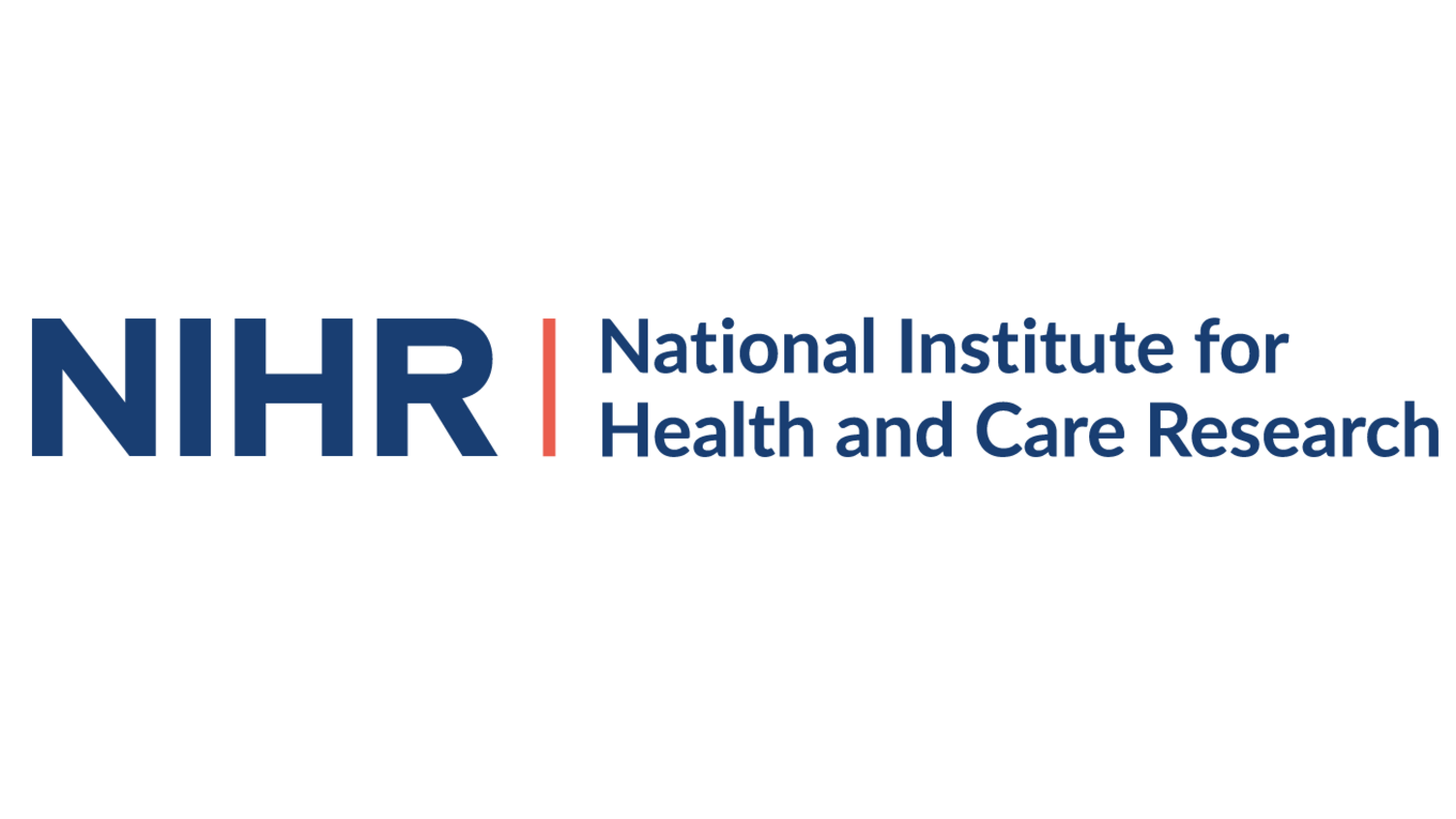Furthering Canadian patient priorities with the Epilepsy Partnership Forum
- 20 January 2023
- 3 min read
In September 2021, EpLink, the epilepsy research program of the Ontario Brain Institute (OBI), announced the top 10 research questions that Canadian families, health professionals, and people living with epilepsy and seizures wanted answered. But the hard work to align patient priorities with scientific investigation didn’t end there.
Dr. Carla Southward, who worked on the Priority Setting Partnership (PSP) project as OBI’s Senior Knowledge Translation Lead, explained that the next step for the list was to ensure that it got into the hands of people who could influence the research landscape in Canada. “However,” she went on to say, “there was no play book for how to do this yet, and to our knowledge no other group had attempted a post-PSP partnership meeting of this nature to drive alignment.”
So, she and the EpLink team organized the Epilepsy Partnership Forum to bring together a wide variety of stakeholders – including the James Lind Alliance (JLA), the organization with which OBI and EpLink worked on the Priority Setting Partnership – to explore opportunities that addressed priority research areas and fostered collaboration across the brain health community.
The first step in planning the forum was to identify the key decision-makers from many different sectors, including government, industry, research institutes, charities, and foundations – all of whom shared OBI’s goal of improving the health and wellbeing of Canadians. Invitations were sent for a virtual meeting, along with information about the PSP process and the top 10 list of research priorities. The team also worked to develop a series of specific research questions for each of the top 10 priorities, and these were shared with attendees in advance of the meeting.
The forum was held virtually on March 1, the first day of Epilepsy Awareness Month in Canada. Following a discussion of the PSP process and final top 10 list, attendees had the opportunity to ask questions about the process or the list of priorities. A group discussion then was moderated by the forum’s facilitator, Katherine Cowan, a JLA Senior Advisor, that focused on the following key questions:
- How do these epilepsy research priorities resonate with you?
- How do you see the priorities coming into your current research? Are there priorities that are already being addressed?
- Can we work together to build on current activities and create future opportunities?
Attendees worked to identify what gaps existed between patient priorities, existing evidence, and current research, and looked at ways in which participating groups could continue to advance the research priorities identified by the epilepsy community. The forum also provided a unique opportunity to discuss barriers to research collaboration and how future partnerships could be facilitated.
Following the forum, an executive summary of the day’s discussions, along with action items and plans for follow-up, was sent to all attendees. Ultimately, the forum was able to increase national and international awareness about Canada’s top 10 research priorities for epilepsy and identify several possible avenues to engage in research partnerships and share knowledge translation tools and resources.
“Creating a roadmap towards impact will help identify where there are gaps in knowledge and barriers to collaborative research, and where partnerships can be developed as a first step in applying the findings from the PSP to the real world,” Dr. Amaya Singh, Knowledge Translation Specialist at EpLink
Three action items were put forward as next steps:
- Given that the International Bureau for Epilepsy (IBE) is relaunching a strategic plan, and IBE’s Knowledge Hub will act as a repository for top 10 lists, understanding the overlap between priority research questions across regions and different disorders would be useful. As such, during the forum, a commitment was made to forge an official partnership to assess the Canadian and British top 10 lists.
- Fostering collaboration in public-private partnerships is recommended. Federally in Canada, there is an interest in supporting collaborations where there is alignment between industry, clinical science, and patient priorities. Forum participants identified a need to identify how stakeholders can make a difference collectively and use big data to answer big questions.
- A pan-Canadian strategy for epilepsy research and innovation where partners define how they want to participate should be established. For example, there is cannabis research taking place in Alberta and it is difficult to know where the gaps are and how to connect and convene with others doing similar research.
Overall, the Epilepsy Partnership Forum represents EpLink’s and OBI's commitment to unite the Ontario brain health community to improve the health and wellbeing of people with epilepsy through research.
Related research and community initiatives supported the Ontario Brain Institute
- Controlled epilepsy data release – EpUp Study: A Pilot Intervention for People with Epilepsy & Depression
- Epilepsy Ontario’s UPLIFT program
- Epilepsy Toronto’s Functional Seizure program


